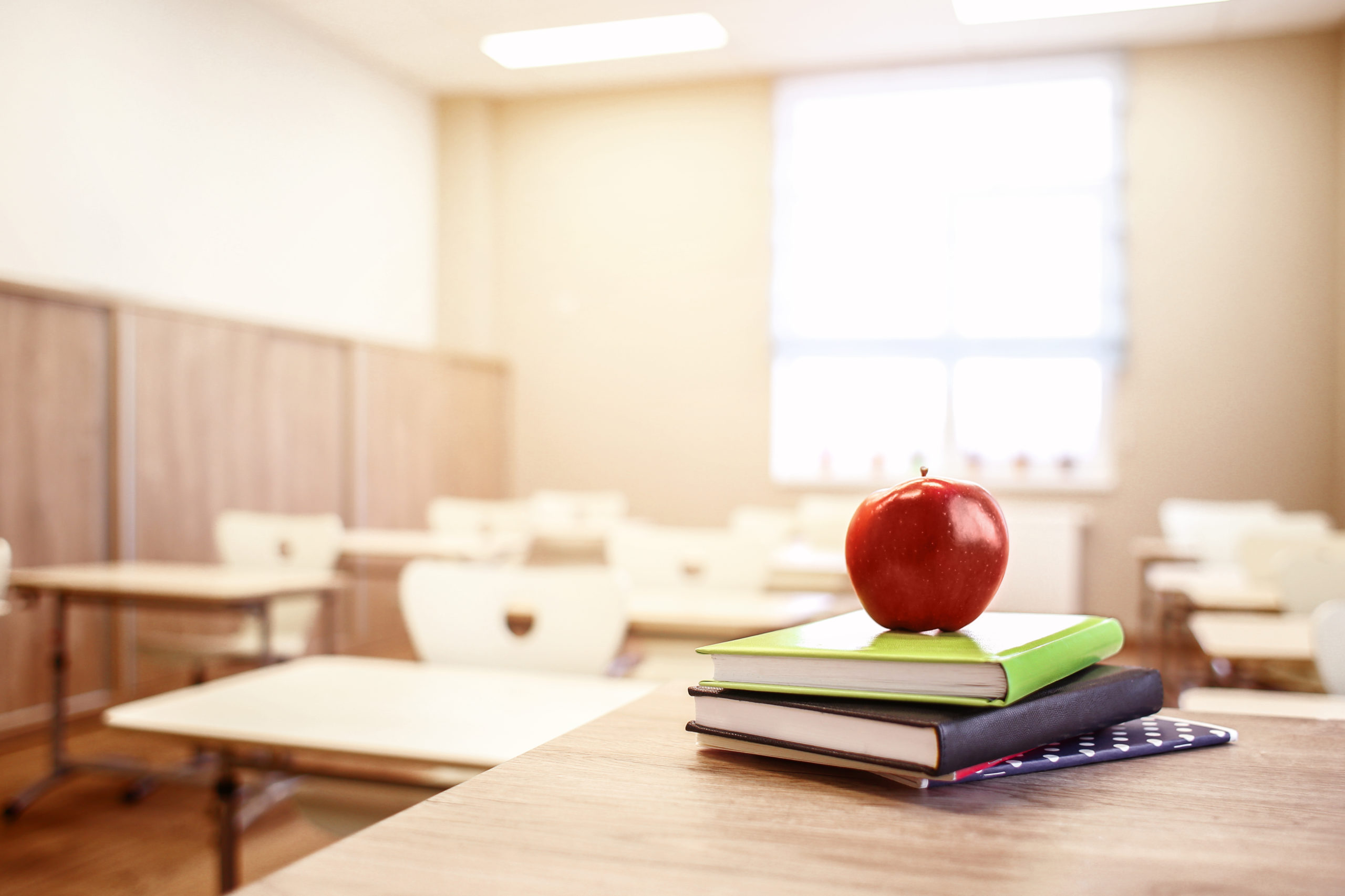Three out of four Dutch primary school pupils (aged 9 to 11) don’t eat enough vegetables, and four out of five eat too little fruit. To improve this situation, schools can take part in the Taste Lessons and EU School Fruit programmes for lessons on healthy eating. Angeliek Verdonschot investigated how effective the programmes are.
Verdonschot sat in on the Taste Lessons at 15 schools. This programme was used by about 5000 of the 7000 Dutch primary schools in 2017-2020. The programme consists of five lessons with experiments, cooking, tasting and homework to do with your parents. To evaluate the lessons, the researcher used an assessment model developed by the University of Newcastle (Australia), where she did her PhD as well as at WUR. ‘It’s mainly a way of discussing the quality; it’s not about comparing schools or programmes.’
Parents
Verdonschot also studied the effect of EU School Fruit in combination with Taste Lessons on the children’s healthy eating behaviour. The lesson packages turned out to be of high quality, although the effect on pupils’ eating behaviour varied between schools. Children at schools without a policy for healthy eating as the norm — such as no biscuits in the break — ate more fruit and veg after the EU School Fruit programme than children who didn’t take part in the programme. Children where a healthy diet was not seen as so important at home also ate more healthily thanks to the EU School Fruit and Taste Lessons.
Verdonschot thinks that lessons on a healthy diet should be included in the standard curriculum of primary schools. ‘There should also be more customization and it would be good if the lessons got the parents involved.’

 Photo Shutterstock
Photo Shutterstock 

